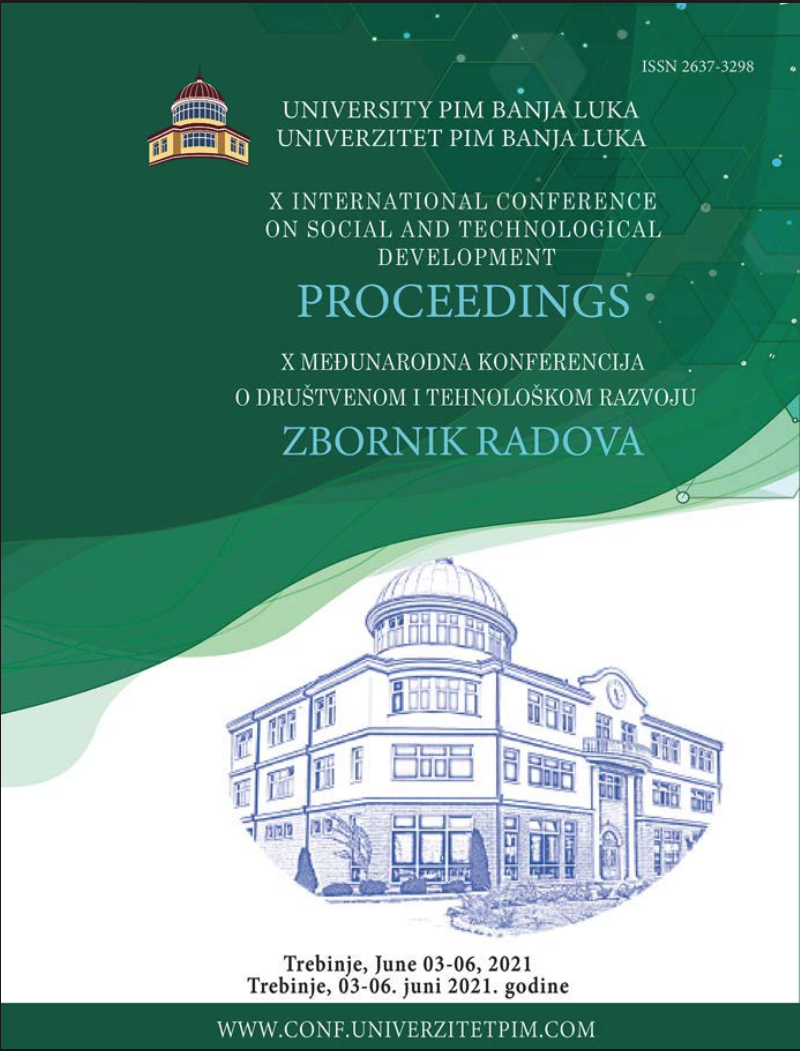
This is an open access article distributed under the Creative Commons Attribution License which permits unrestricted use, distribution, and reproduction in any medium, provided the original work is properly cited.
Tax Administration of Republic Srpska , Banja Luka , Bosnia and Herzegovina
Faculty of Economics, University PIM , Banja Luka , Bosnia and Herzegovina
This paper points out the shifts in the issue of socio - economic relations based on the social economy. At the very end of the active process of globalization and all the conflicts that arose at the beginning of the 21st century due to connecting and increasing the number of big capital owners, poverty will spread to such an extent that many countries will become economic vassals, while a small number of hyper-rich to that extent to consolidate its equity capital in different countries or continents. The borders of the states that now exist will become formal and irrelevant due to a new kind of economic imperialism, as a precondition for the most powerful control of the human race by the hyper-rich, and the incredible expansion of their ownership power in the world. new owners. The social economy is the light of the time that comes after globalization, because in its new concept it indicates that human labor can become an accumulated unit, which with its value becomes part of capital, which reduces or destroys inequalities in the relationship between labor and capital worldwide.
The statements, opinions and data contained in the journal are solely those of the individual authors and contributors and not of the publisher and the editor(s). We stay neutral with regard to jurisdictional claims in published maps and institutional affiliations.